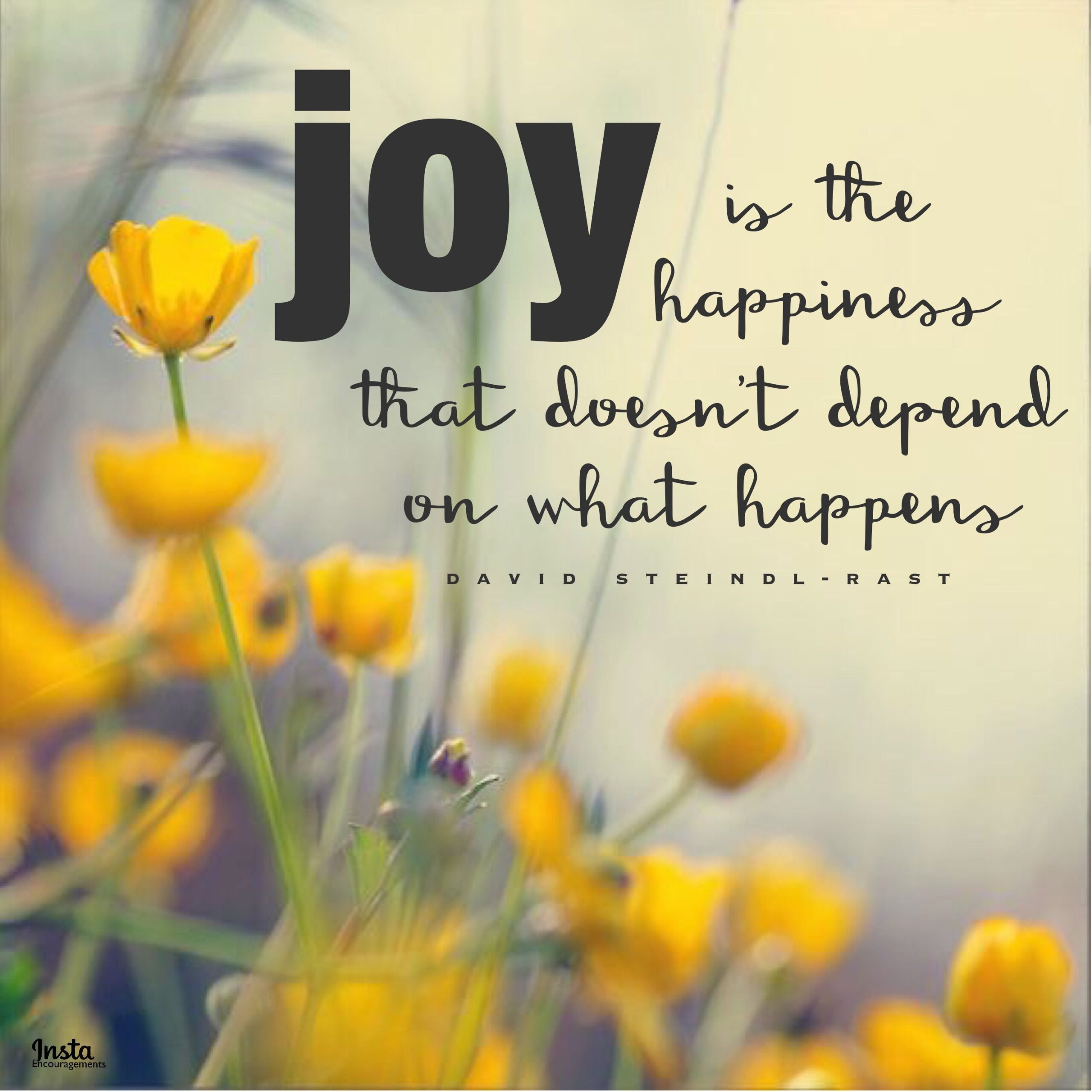The teachings of the Bahá’í Faith present a compelling tapestry of principles designed to unite humanity in fellowship and joy. At the core of these teachings lies the profound understanding that joy is not merely an ephemeral emotion, but rather a profound expression of the human spirit. This exploration of joy and fellowship in the context of breaking the bonds of segregation challenges us to reflect on our lives and our interactions with others.
To navigate this discourse, it is pertinent to consider the metaphor of a garden. A vibrant garden flourishes when diverse plants coexist harmoniously, each contributing its unique essence to the ecosystem. Similarly, the Bahá’í teachings advocate for a society where diverse backgrounds, cultures, and viewpoints intertwine, cultivating an environment rich in understanding and compassion. In this ideal garden of humanity, segregation represents the weeds that threaten the blossoming of authentic connections.
At its zenith, joy, as articulated in Bahá’í teachings, transcends personal fulfillment. It emanates from the recognition of our interconnectedness and the resultant commitment to the well-being of others. This sense of collective happiness is vital in dismantling the barriers that often lead to segregation. When individuals prioritize communal joy over personal gratification, they embark on a transformative journey, reshaping their perceptions of themselves and their communities.
A central tenet of Bahá’í philosophy is the elimination of prejudice. This principle acts as a catalyst for joy, providing a framework that encourages individuals to foster relationships unencumbered by societal constructs. The manifestation of joy in a Bahá’í context is akin to the ripples created by a pebble cast into a still pond: each moment of fellowship creates expanding circles of positivity and understanding, reaching out to distant shores. These ripples undermine the foundations of segregation and promote unity.
Engaging in acts of fellowship is paramount in the Bahá’í perspective. It is through sincere interactions, shared experiences, and collective endeavors that the essence of joy becomes palpable. Fellowship is not merely a concept but an active pursuit, requiring one to transcend boundaries—geographical, cultural, and ideological. The joy derived from genuine connections reinforces the Bahá’í belief that “The earth is but one country, and mankind its citizens.” Here, the idea of citizenship does not connote nationality but a shared responsibility to uphold the dignity and rights of every individual.
In examining the dynamics of joy and fellowship, it is crucial to highlight the concept of consultation. This practice is deeply embedded in Bahá’í teachings and serves as a method for collective decision-making. Consultation embodies a spirit of unity that enables diverse voices to contribute to the discourse. By fostering an atmosphere where every individual feels valued, the chasms of segregation begin to close. In this context, joy is not a solitary endeavor but a communal experience nourished by respectful dialogue.
Furthermore, the Bahá’í teachings posit that joy is intrinsically linked to service. Acts of service are revelations of love and compassion, often illuminating the path toward reducing feelings of isolation and despair. When individuals engage in selfless service, they stitch together the fabric of humanity, thereby creating a protective barrier against the encroachments of segregation. The joy that arises from serving others transcends materialistic pursuits; it engenders a profound sense of fulfillment, akin to the sustenance a garden derives from rain—nourishing and vital.
Moreover, the necessity of education in fostering joy and fellowship cannot be overstated. Education, in the Bahá’í context, serves as a means of empowering individuals to recognize their inherent worth and the dignity of others. By enlightening minds and cultivating a sense of global citizenship, education catalyzes the shift from isolation to community. It is a powerful antidote to the prejudices that often fuel segregation, enriching society with a kaleidoscope of perspectives. The more educated individuals become, the more they can appreciate the nuances of diverse experiences, thereby sowing seeds of joy and understanding in the collective consciousness.
In this exploration of Bahá’í teachings, joy emerges not merely as a goal but as a process—an ongoing journey towards unity and understanding. This journey demands a relinquishing of preconceived notions and an embracing of compassion. It is about breaking down the barriers that keep us apart and collaborating to create a society wherein every individual thrives. Just as a garden requires care and attention, so too does our commitment to fostering joy and fellowship require dedication and intentionality.
Ultimately, the teachings of Bahá’u’lláh implore humanity to acknowledge the inherent oneness of our existence. It is through joy, fellowship, and the active dismantling of segregation that we may cultivate a world resonating with harmony and peace. As we journey together, let us remember that joy is not merely an end but a means by which we can elevate the human experience—transforming the ordinary into the extraordinary, blending our unique tales into a resplendent narrative of shared hope and collective purpose.
